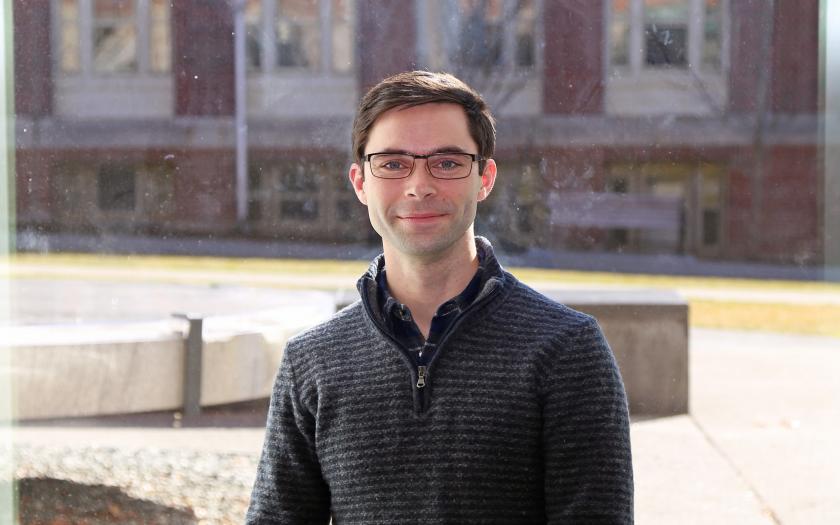
When did you know you wanted to be a biomedical engineer/researcher?
I think it’s a continuously evolving thought process. In the past I’ve wanted to be many things; a programmer, a physicist at NASA, a protein chemist. Through my education I’ve had great mentors in undergraduate research at Washington University in St. Louis and graduate research here at Brown and I really began to appreciate the fusion of technology and neuroscience and how we could help people suffering from neurological disease and disorder this confirmed that I wanted to be a researcher in this field. Who knows how long this will last, though. Nothing is permanent and I believe it is important that we are doing what we want to do in every moment. I want to be doing research now and that’s what I’m committed to.
Of all of the publications you have written, is there one that you are most proud of? Why?
I think that the first paper I was most proud of was the culmination of my PhD work, which was building a neuroimplantable recording system. After that, I worked on a paper that combined neural recording with reanimating the body after spinal cord injury in animals, and I’m very proud of that first step of combining technology with delivering therapy to help someone. One of the papers was in Nature, which has a very long process for review and publication and going through that process was enlightening.
Did you ever do experiments that didn’t work?
As a professor and lab at Brown, I am very new so we’ll see. The brain is such an unknown that when our hypothesis isn’t proven true that just means we have more to study. For example, we were studying the motor cortex of walking animals. We expected the brain not to have a lot of activity when the animals were walking based on a lot of previous data from other published studies, so we were surprised to find that the leg area of motor cortex was very active when walking. Now we are taking a detour to explore that further.
How do you choose the projects your group works on?
My laboratory has a vision to design, develop, and employ neurotechnology to better understand the nervous system and improve student lives. With that in mind, graduate students enter my lab with a specific idea of a project that they want to work on and then I collaborate with them to shape their project. Others come in at a more exploratory phase and I work to guide them to finding the path that is best for them. I think it is most important, though, that students take ownership and leadership of their projects because that’s when they are the most passionate and work the hardest. I’m particularly driven to research the brain and nervous system because it is still such an unknown despite how many people are researching the brain.
What three qualities are most important for ensuring success as a young researcher?
Curiosity, creativity, a smile on their face [positivity]